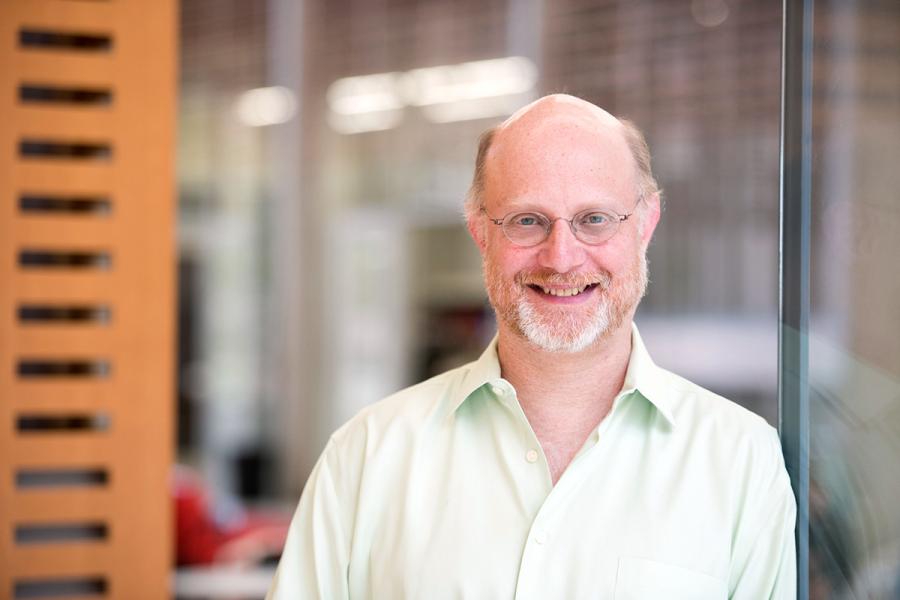David Zuckerman
Professor

David Zuckerman holds an Endowed Professorship in the Texas Computer Science. He received an A.B. in Mathematics from Harvard University in 1987 and a Ph.D. in Computer Science from U.C. Berkeley in 1991. He was a postdoctoral fellow at MIT from 1991-1993, and at Hebrew University in the Fall of 1993. He has been with the University of Texas since then, visiting U.C. Berkeley from 1999-2000, Harvard University from 2004-2005, and the Institute for Advanced Study from 2011-12. In Spring 2017, he is visiting U.C. Berkeley, co-organizing the Simons Program on Pseudorandomness.
Research
Research Areas:
Research Interests:
- Randomness extraction
- Pseudorandomness
- Coding theory
- Cryptography, and other aspects of complexity theory
Current Research:
His research focuses primarily on pseudorandomness and the role of randomness in computing. He is best known for his work on randomness extractors and their applications. His other research interests include coding theory, distributed computing, cryptography, inapproximability, and other areas of complexity theory.
Select Publications
. 2015. "Explicit Two-Source Extractors and Resilient Functions".
. 2014. "Non-malleable codes against constant split-state tampering".
. 2011. "Privacy amplification and non-malleable extractors via character sums".
. 2010. "Pseudorandom generators for polynomial threshold functions" .
. 2012. "Pseudorandomness from Shrinkage".
Awards & Honors
- 2013 - ACM Fellow
- 2004-05 - John S. Guggenheim Memorial Foundation Fellowship
- 1996-2006 - David and Lucile Packard Fellowship for Science and Engineering
- 1996-2000 - Alfred P. Sloan Research Fellowship
- 1994-2000 - NSF Young Investigator Award
- 1990 - Machtey Award (Best Student Paper Award), FOCS
- 1985 - William Lowell Putnam Mathematical Competition
Contact Info
David Zuckerman
Professor, Professorship In Computer Sciences #1
(512) 471-9729
GDC 4.508



